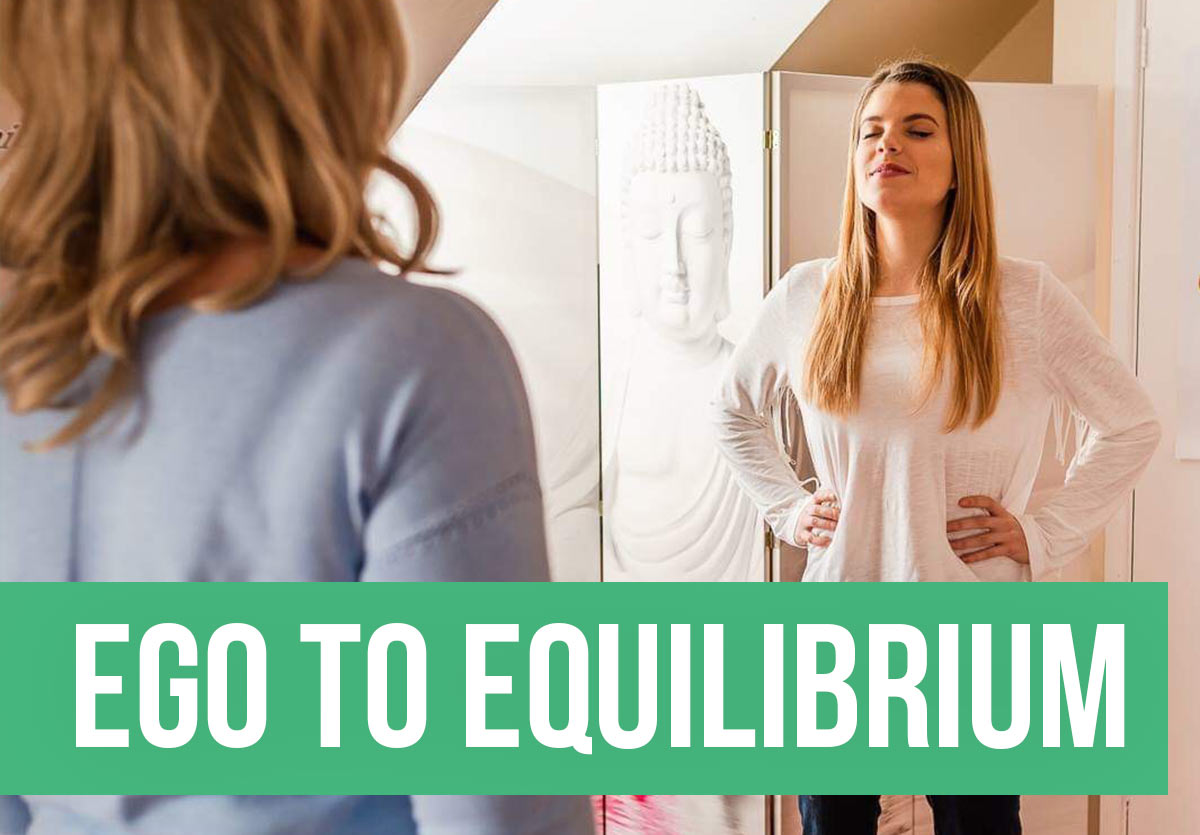“Managing our ego rather than allowing it to manage us is the essence of equilibrium,” as Steve Smith astutely pointed out.
We’ve all encountered leaders who overestimate their contributions, steal credit, refuse to admit mistakes, and exude an unwavering air of self-righteousness. Their behaviour can be incredibly frustrating. But what lies at the core of these actions?
Sometimes it’s merely corporate game-playing, while in other instances, ego takes centre stage.
Let’s be honest, we all experience moments of egocentrism. However, genuine egocentric individuals lack consideration for others, display a lack of curiosity, dismiss alternative perspectives, and wholeheartedly focus on their own needs and desires. These traits are far from endearing, whether in leaders or any other individuals. They erode trust and relationships, and when wielded by those in positions of power, they can poison an entire culture.
Unfortunately, freeing ourselves from the clutches of such individuals can prove to be a daunting task. We all fall prey to a cognitive bias known as the egocentric bias. Stemming from the limitations of our cognitive systems and the imperfect way we process information; this bias compels us to overly rely on our own point of view when interpreting events in our lives or attempting to understand the perspectives of others. Given this innate egocentric tendency, nurturing humility becomes crucial for all of us.
In my view, humility stands as a paramount trait for effective leadership. The American Psychological Association (APA) defines humility as a quality characterised by a low focus on the self, an accurate self-assessment of accomplishments and worth (without over- or underestimation), and a genuine recognition of limitations, imperfections, mistakes, and gaps in knowledge. This isn’t dissimilar to what the trust equation sets out. Humility enables us to truly see ourselves, acknowledging our strengths, blind spots, weaknesses, and limitations.
Truly exceptional leaders, those who embody humility, grasp their own fallibility. They recognise that they, like everyone else, are a work in progress. They do not seek constant ego-stroking; in fact, they possess acute awareness of their ego and proactively manage it. These leaders understand that they do not need to be the smartest person in every room, nor do they strive to be. Instead, they cultivate an environment that encourages diverse voices, welcomes different perspectives, and values constructive feedback. Their leadership revolves around serving others, with their egos taking a backseat.
Authenticity, a willingness to make mistakes, active listening, curiosity, compassion, accountability, and vulnerability—these are the defining characteristics of humble leaders. These traits inspire those around them to reach their full potential. Moreover, humble leaders are accessible and relatable, fostering an inclusive climate within their teams. In such an environment, leaders possess the power to ignite exceptional performance and cultivate profound engagement.
Leading with humility is undoubtedly challenging, but surrendering to arrogance and ego holds no allure. Extensive research and evidence support the profound impact of humility on leadership effectiveness. By embracing humility, we not only enhance our own capabilities as leaders but also contribute to the growth and success of those we lead. Therefore, let us strive to strike that delicate balance between ego and equilibrium, allowing humility to guide us on the path to remarkable leadership.
In addition to the existing research, a recent study published in the Journal of Organisational Behaviour explored the link between leader humility and employee creativity. The findings revealed that leaders who exhibited humility were more likely to create an environment that fostered employee creativity and innovation.
In conclusion, the importance of humility in leadership cannot be overstated. Humble leaders exhibit self-awareness, authenticity, and a genuine concern for others. They create an inclusive and empowering environment that fosters collaboration, innovation, and personal growth. Research consistently highlights the positive impact of humility on employee well-being, engagement, and overall organisational performance. By embracing humility, leaders can unlock their full potential, inspire their teams, and cultivate a culture of excellence. As we embark on our leadership journey, let us remember the words of Mel Robbins, “Humility is not thinking less of yourself; it’s thinking of yourself less.” By putting others first and embracing humility, we can truly become extraordinary leaders.







